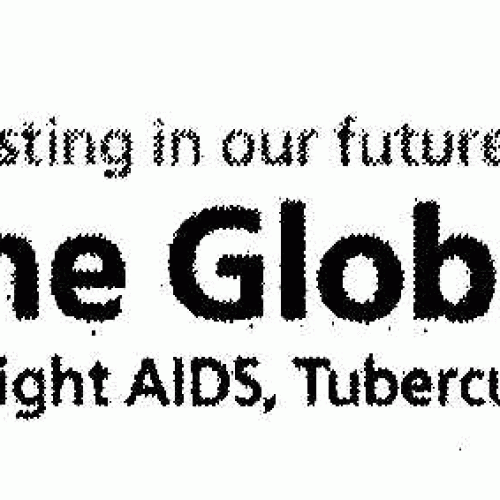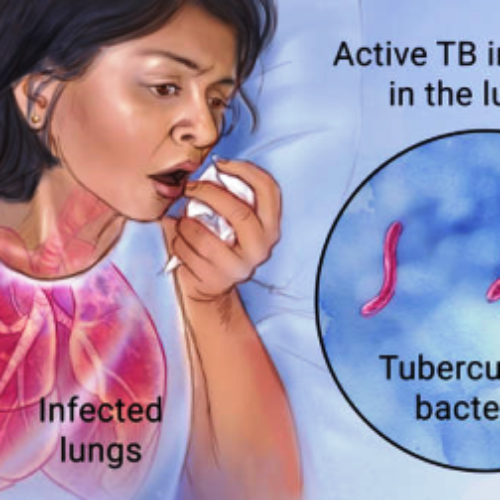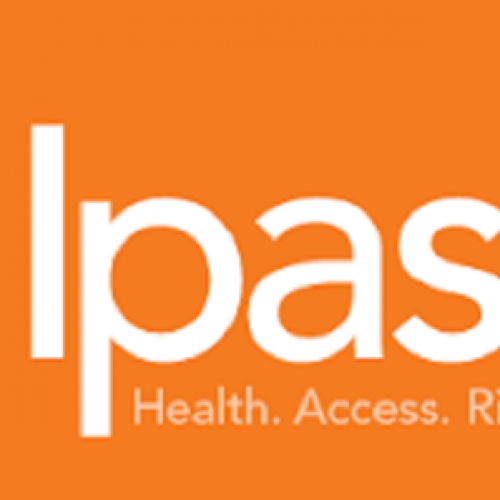Edo Healthcare back on course – Commissioner
Edo State Commissioner for Health, Prof. Obehi Akoria has expressed satisfaction with the progress made in the state’s health sector so far, saying the milestones established and set by Governor Godwin Obaseki’s administration for improving people’s health in the State are on course.
In an interview with journalists in Lagos recently on her one year in office as commissioner, Prof. Akoria disclosed that the government has recorded a phenomenal growth in the sector, especially in the last 12 months, as it has succeeded in providing access to health care for the indigenes through the government’s novel programmes now being implemented by the ministry.
She noted that the state suffered significant setbacks following the Advent of COVID-19 between 2020 and 2022 adding however that the health sector had since bounced back on track and the Edo Health Improvement programme is now being vigorously driven by the ministry.
“As we speak, in Edo State, two gateways are already active: The Primary Health Care gateway and the Health Insurance gateway,” she said.
According to her, Primary Health Care in Edo state is no longer restricted to the old system of focusing only on immunization, health talk, and ante-natal care for a few women who may choose to have their babies in PHC centers. She said: “We are driving a revolution in which we are rebranding, resourcing our primary health care system, and training our workforce to understand that primary health care is not health care for the poor.”
She cited some unique features of PHC in Edo state which include the Basic Health Care Provision Fund (BHCPF) – which provides free care to people under the age of 5 years, pregnant women, older adults and the indigents – and the novel Telemedicine programme which offers health services virtually through the use of video conferencing.
“We are looking to scale (telemedicine) to Edo-central and Edo-North for the rural areas in the coming year. Our focus is to keep the service in the PHCs to strengthen the paradigm shift and reset our mentality that ‘quality service is not meant for only tertiary centers’. By the grace of God, in the first quarter of next year, we will have activated another facility in another senatorial zone to serve the less privileged. We focus on underserved people, people who cannot pay for themselves, and those living with Comorbidities, Hypertension, Diabetes, Osteoarthritis, and Chronic Obstructive airway disease. Quite a number of our patients come from outside the Benin metropolis.
“The new paradigm is this: Primary health care proposed and practiced by the Government of Edo State and the Edo State ministry of health; the practice democratizes healthcare. It is a practice that factors health promotion which, first and foremost, requires us to support the people of Edo State to take ownership of their health and be able to make decisions that impact their health for their good; to be participatory in the health care that they receive. In the last one year, we have activated about 180 Ward Development Committees in our 18 local governments.”
Prof. Akoria further revealed that the goal of the Government is to bridge what the people can provide for themselves with the provisions of health insurance. She said: “Achieving universal health coverage is a non-negotiable goal for us in Edo State. For us, a situation where people have to spend out-of-pocket for every healthcare encounter causes much concern. So we have a health insurance commission working to improve and increase enrolment from not just the formal but also the informal sector. There are also provisions for specialised packages for those who may have health care needs that go beyond what we call the basic health care package.
“Another thing we are doing is providing true oversight for all the health agencies in the state. These agencies are the hospital management boards (that oversee our 33 hospitals), the Edo health insurance commission, and the Edo Primary Health care and Development Agencies which have been my focus in the last twelve months.
“We have made much progress in human capacity development, targeted oversight, data-driven policy implementation, transparency, and accountability. The dividends are already springing out. One big thing I am glad about in these last twelve months is the focus we now have on regulation in Edo State.
“Regulation is no longer going to be about paying fees; we are not interested in collecting monies. Standards, accountability, and accreditation will drive regulation as we advance. We are focusing on these aspects because quality healthcare cannot happen in an unregulated space,” she said.
About author
You might also like
GFATM suspends disbursement for HIV/AIDS, Malaria in Nigeria
The Global Fund to fight HIV/AIDS, Tuberculosis and Malaria (GFATM) has suspended its HIV and Malaria disbursement in Nigeria over failure to meet target especially in areas such as antiretroviral
Trapped by poverty, blinded by myths: The hidden drivers of Nigeria’s tuberculosis crisis
Despite relentless efforts to curb tuberculosis (TB) in Nigeria, the disease continues to claim thousands of lives annually. The World Health Organization (WHO) 2022 Global TB report shows that Nigeria
Ipas collaborates with Australian govt on sign language interpreters in Abuja govt hospitals
By Adeola Tukuru, Abuja Ipas Nigeria, a non- governmental organization in collaboration with the Australian Government in Nigeria to established sign-language interpreters in selected government hospitals in FCT where







0 Comments
No Comments Yet!
You can be first to comment this post!